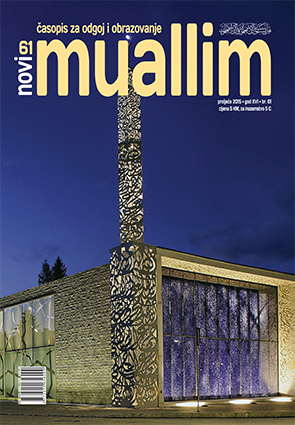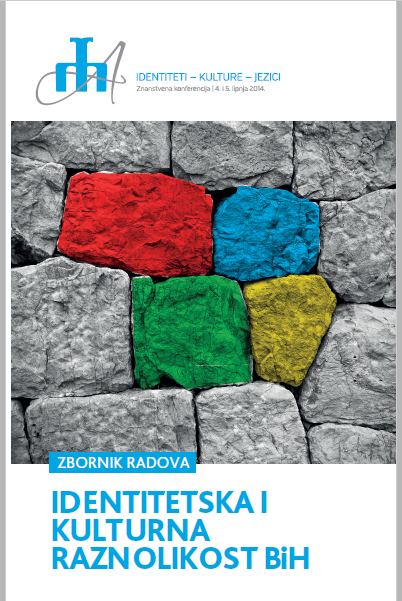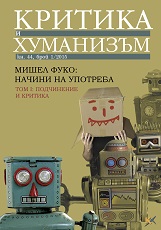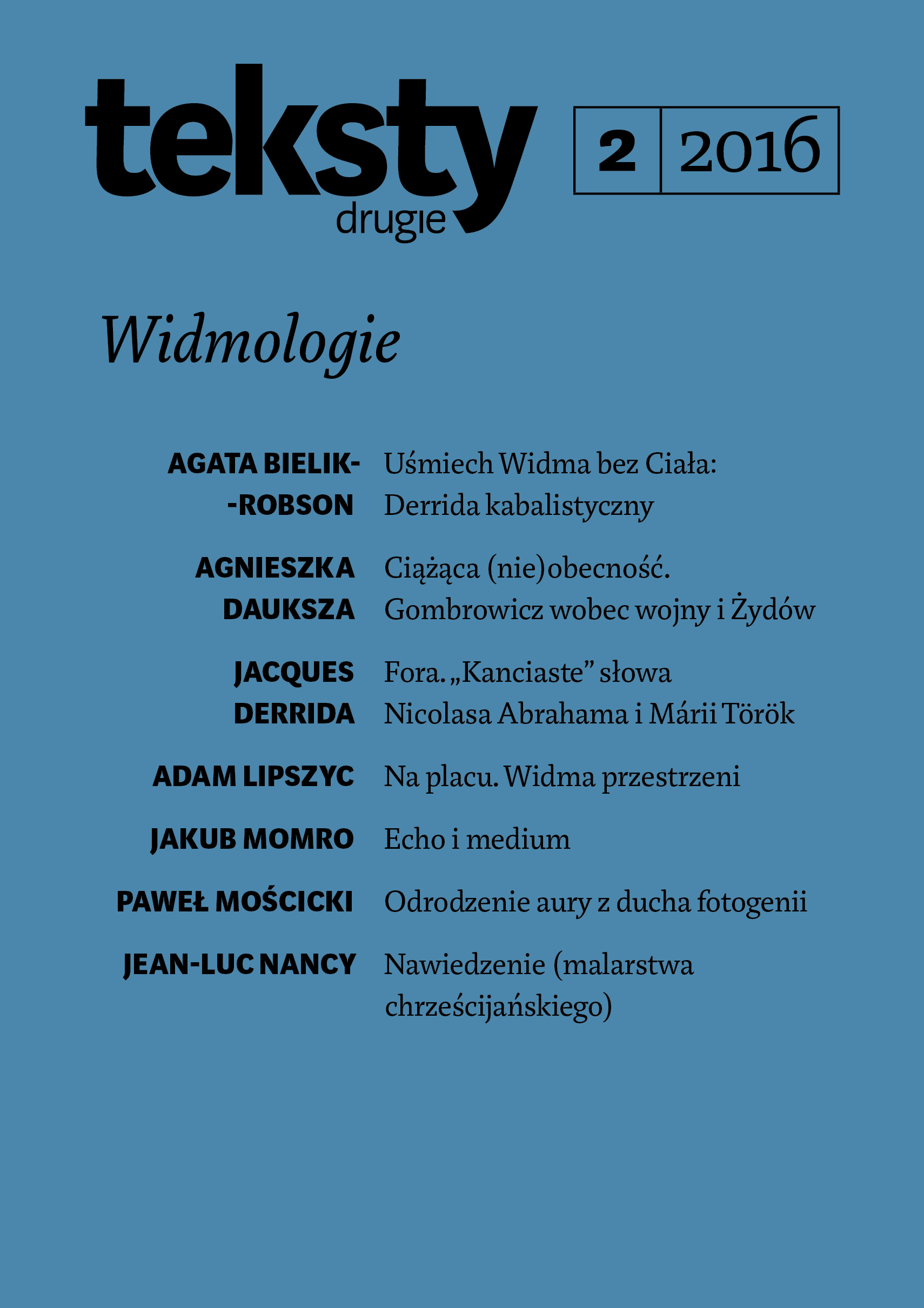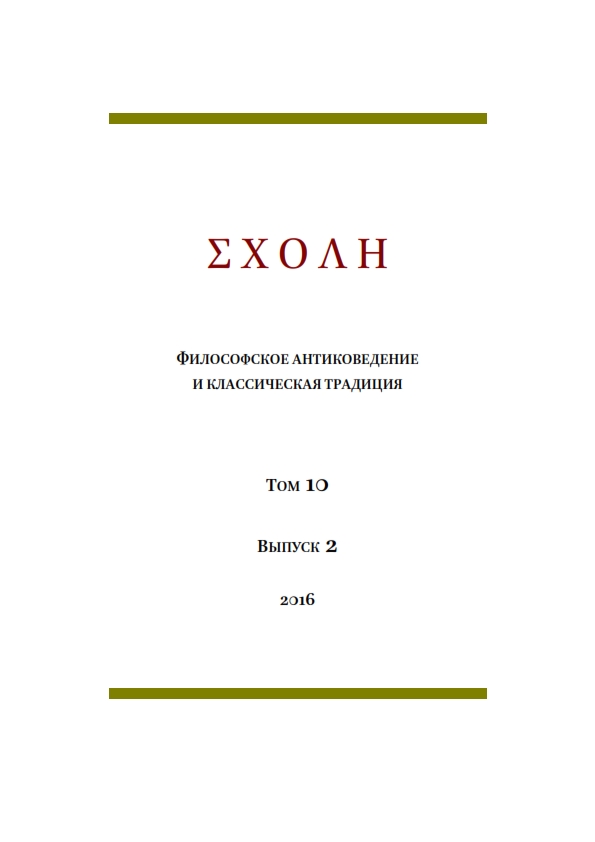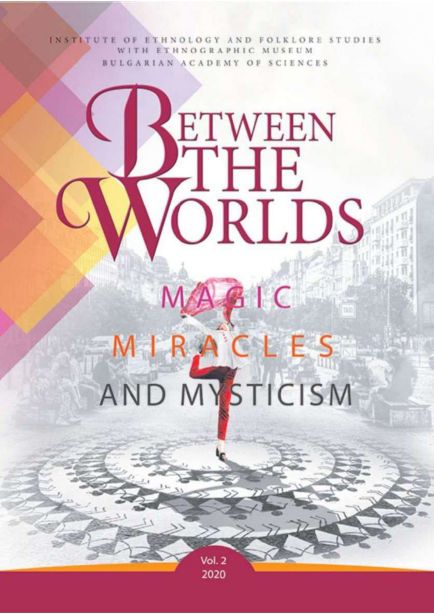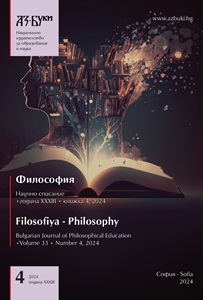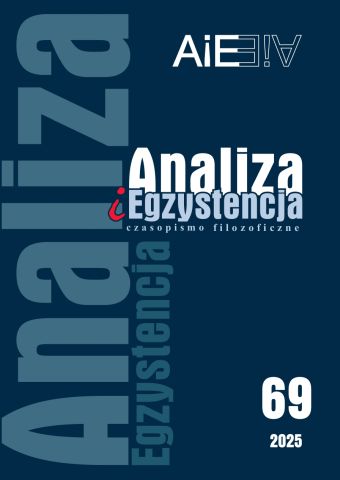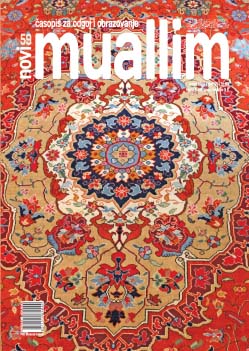
Doprinosi islamskih učenjaka naučnom poduhvatu u srednjem vijeku
This article presents the contribution of Muslim scholars in development of science in Medieval age. It is considered that Muslims have not been only guardians of ancient Greek science, but have also made original contributions in all the fields of science and scholarship. Inspired by the Islamic outlook of nature and the Qur’anic instruction to “explore the nature with a tendency to come closer to God” the Islamic science and scholarship flourished. This knowledge was transferred to Eastern Europe thus playing an important role in revitalizing the learning climate and bringing scientific research methods to Europe leading it to Renesans in the sixteenth and seventeenth centuries.
More...
